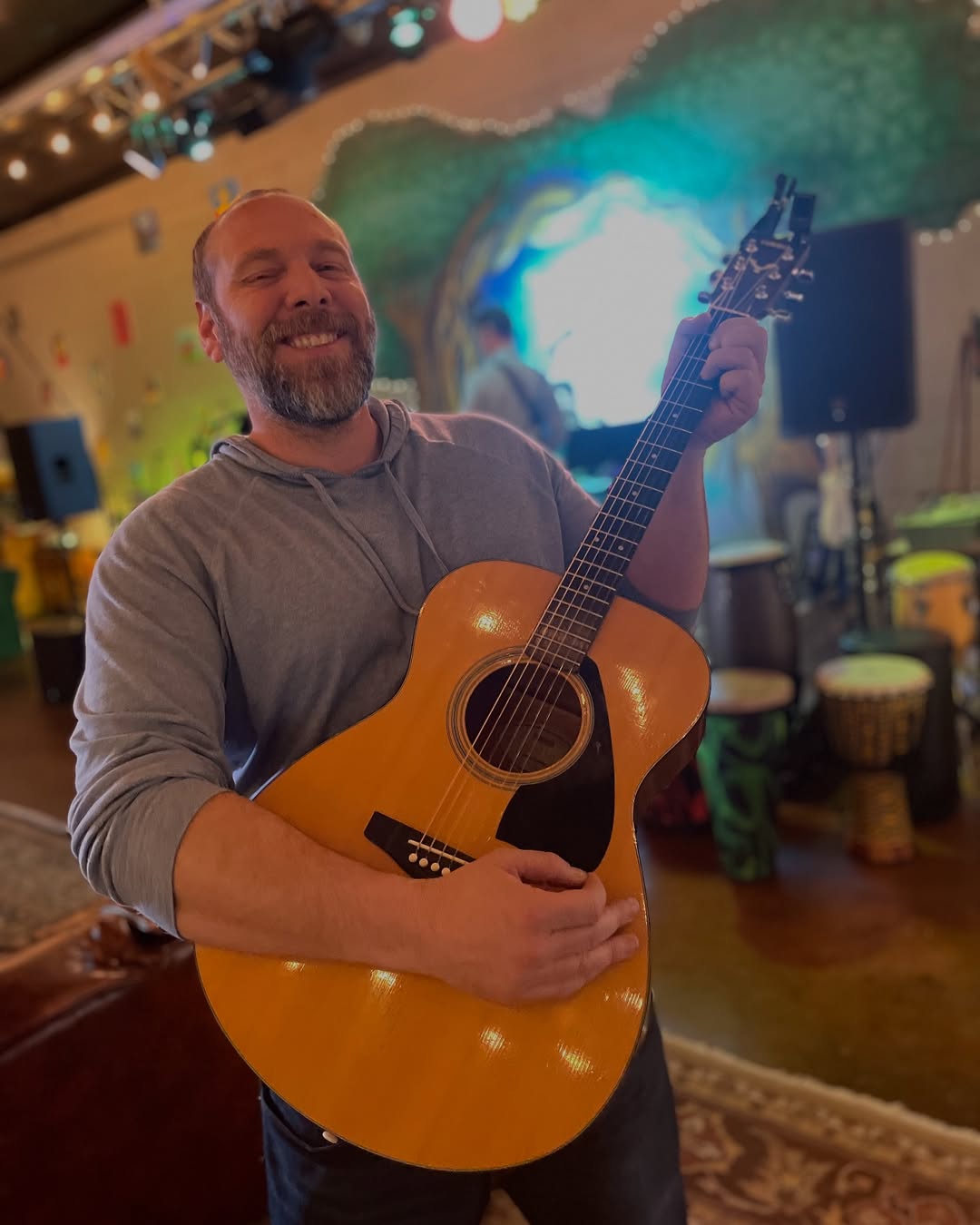Recovery is a path of reclamation—of health, of relationships, of passions, and of identity. For Mathew, who recently completed residential treatment and transitioned to sober living, this reclamation includes reconnecting with a profound source of joy and expression in his life: music.
Transitions and Milestones
Recovery isn't a single event but a series of crucial transitions. Each step represents both an achievement to celebrate and a new challenge to navigate. Mathew has recently reached a significant milestone in his journey—completing residential treatment and moving into a sober living environment while continuing with day treatment.
Completing Residential Treatment
Residential treatment provides the structured environment and intensive support needed during the earliest stages of recovery. Completing this phase represents weeks or months of dedicated work and commitment to the recovery process.
Transitioning to Sober Living
Moving to sober living marks an important shift toward greater independence while maintaining a recovery-focused living environment. This transition requires applying recovery skills in a less structured setting while still having community support.
Continuing with Day Treatment
Day treatment provides ongoing therapeutic support while allowing for more integration with "real world" activities. This balance helps bridge the gap between intensive treatment and fully independent living.
Reconnecting with Passions
Reclaiming activities and interests that bring joy and meaning is a vital but often overlooked aspect of recovery. For Mathew, reconnecting with music represents healing beyond the physical and psychological—it's healing of the spirit.
The Common Experience of Loss in Addiction
When Mathew shared his story with us, he touched on an experience that resonates with many people who have struggled with addiction—the loss of cherished possessions. His account of losing his instruments to the disease of addiction is, as he put it, "all too common."
The Pattern of Loss in Addiction:
The progression of addiction often follows a pattern of escalating losses:
Financial priorities shift toward maintaining substance use
Valued possessions are sold or pawned to meet immediate needs
Meaningful activities are abandoned as substance use takes precedence
Connections to identity-forming practices like music-making are severed
The resulting grief and shame can further fuel the cycle of addiction
For musicians in active addiction, instruments often represent more than just material possessions—they embody a connection to self-expression, community, and identity. When these instruments are lost, a profound disconnection occurs that goes beyond the physical object.
"For many in recovery, the loss of musical instruments represents more than material sacrifice—it symbolizes a severed connection to their authentic selves. Restoring this connection through music can be a powerful catalyst in the recovery process."
The Healing Power of Musical Reconnection
Mathew spoke eloquently about his deep connection to playing music—how it had been a source of joy, expression, and meaning throughout his life. This connection underscores why providing instruments to people in recovery is about much more than material support; it's about restoring access to a powerful healing modality.
For many individuals like Mathew, music serves multiple functions in the recovery process:
Emotional regulation through both playing and listening
Mindful presence in the moment while creating music
Healthy identity formation outside of addiction
Connection to others through shared musical experiences
Structure and discipline through regular practice
Expression of complex emotions that might be difficult to verbalize
The Yamaha Acoustic: More Than Just an Instrument
The Yamaha acoustic guitar that Mathew received represents more than just wood and strings—it symbolizes:
Community support and the knowledge that others believe in his recovery
Reconnection to his pre-addiction identity as a musician
A tangible tool for navigating the emotional landscape of early recovery
A healthy coping mechanism for dealing with triggers and cravings
A bridge to building new, sober relationships centered around music
A daily reminder of the gifts that recovery brings
The Community That Makes It Possible
When we presented Mathew with his new Yamaha acoustic guitar, his reaction was one of genuine gratitude—not just for the instrument itself, but for "the opportunities recovery has given him." This perspective beautifully illustrates how recovery opens doors that addiction had closed.
None of this would be possible without the generous support of our community. Every instrument we provide represents the collective goodwill of donors, volunteers, and supporters who understand the transformative power of music in recovery.
This community support creates a positive ripple effect. As Mathew reconnects with his musical expression, he not only strengthens his own recovery but potentially inspires others around him. The sober living environment where he now resides will likely benefit from having music in their midst, creating moments of joy and connection for everyone there.
Looking Forward: Music as a Recovery Companion
As Mathew continues his recovery journey, his Yamaha acoustic guitar will serve as both a tool and a companion. During difficult moments—when cravings arise or emotions feel overwhelming—the guitar offers a healthy outlet. During moments of joy and accomplishment, it provides a way to express and amplify those positive feelings.
The skills that make Mathew a dedicated musician—patience, persistence, attention to detail, and the ability to learn from mistakes—are the same qualities that will serve him well in recovery. Each practice session reinforces not just musical abilities but recovery strengths.
We celebrate Mathew's progress and his reconnection with music. His willingness to share his story—including the painful experience of losing instruments to addiction—helps reduce stigma and shows others that reclamation is possible. We look forward to hearing about his continued musical and recovery journey in the months ahead.
Support Musical Journeys in Recovery
Rhythm in Recovery provides musical instruments to people in recovery from mental health and substance abuse issues. If you or someone you know is in recovery and without an instrument, we want to hear from you.
Similarly, if you have instruments to donate or wish to support our mission financially, please reach out. As a registered 501(c)(3) nonprofit organization, all donations are tax-deductible.
Together, we can help more people like Mathew reclaim the healing power of music in their recovery journey.


